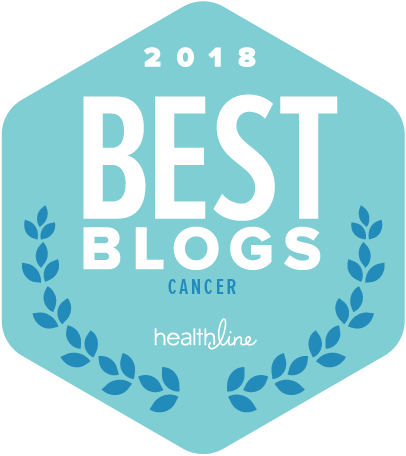HER2-positive breast cancer cells have a high amount of human epidermal growth factor receptor 2 genes and HER2 proteins on cancer cells.
How is HER2-positive breast cancer diagnosed?
A lab test will measure the presence of HER2 receptor proteins on the cancer cells and how much HER2 protein is being made in a tissue sample. If the amount of genes and proteins reach a certain level, the cancer is considered HER2 positive. This is measured by the pathologist using special stains on the slides of the tumor specimen. In certain cases, a more precise test called FISH (in situ fluorescent hypbridization) may be used.
HER2 positive breast cancer accounts for 15-20% of all breast cancers. The cancer cells may also be hormone receptor positive (HR positive, or ER or PR positive) or HR negative. HER2 positive breast cancers have a higher chance or recurrence and tend to do so earlier than other breast cancers. Knowing your HER2 status will help your doctor determine your treatment options.
How is HER2-positive breast cancer treated?
Treatment for HER2 positive breast cancer is aimed at blocking the HER2 protein receptor's ability to stimulate cell growth. This can be done with targeted therapy, drugs that bind to the HER2 protein receptor, interrupt the cells' ability to receive signals that encourage cells to grow, or that stop cancer cells from dividing and growing. These therapies do less damage to normal, healthy cells than chemotherapy.
In particular, the drugs trastuzumab/pertuzumab have had success in treating women with HER2 positive metastatic breast cancer. Trastuzumab binds to HER2 receptors on the surface of cancer cells, blocking the cells' ability to receive growth signals. It is used in combination with chemotherapy, and for prevention of recurrence post-surgery. Pertuzumab works similarly. However, there are other targeted therapies available to women with metastatic disease or to women with early-stage HER2 positive disease.


